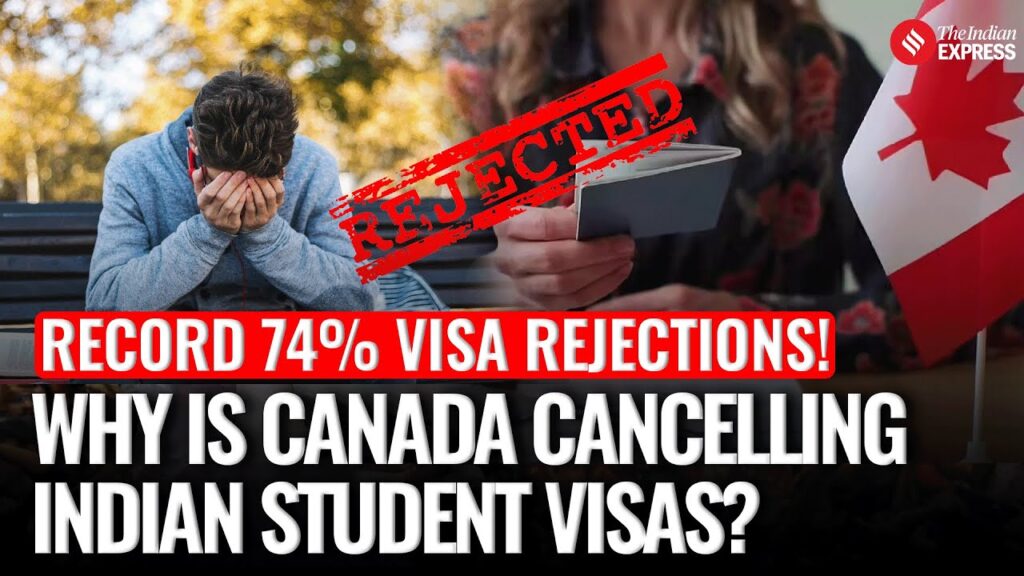
Introduction
As Canada continues to emerge as a leading destination for international education, an increasing number of Indian students are seeking admission to its renowned institutions. However, recent trends indicate a troubling rise in visa rejections for Indian applicants, raising concerns among prospective students and educational institutions alike. Understanding the factors behind these rejections is crucial for improving application strategies and ensuring that eligible students can successfully pursue their academic aspirations in Canada.
Current Trends in Visa Rejections
According to the latest statistics from Immigration, Refugees and Citizenship Canada (IRCC), the rejection rate for Indian student visa applications rose to 40% in 2023, a significant increase from previous years. This trend has sparked discussions among stakeholders in both India and Canada about the quality of applications being submitted and the stringent requirements set forth by Canadian immigration authorities. The increase in rejections may also be attributed to heightened scrutiny following reports of education fraud and the misuse of study permits.
Key Factors Contributing to Rejections
There are several key reasons why Indian students are facing an increase in visa rejections:
- Financial Evidence: A lack of credible financial documentation to prove the ability to cover tuition fees and living expenses is a significant reason for refusals. Applicants must demonstrate sufficient funds transparently, failing which their applications are often denied.
- Education History: Inconsistent academic records or gaps in education can raise red flags for visa officers. It’s essential for applicants to provide a coherent educational journey to establish relevance and intention in pursuing studies in Canada.
- Study Program Relevance: Visa applications can be rejected if the course of study is deemed irrelevant to the applicant’s prior education or career plans. Applicants must clearly explain how their chosen program aligns with their future career goals.
- Genuine Intention: Officers also assess whether the applicant genuinely intends to return to India after their studies. A lack of compelling evidence that shows intent to return can negatively impact the application.
Conclusion
While the allure of studying in Canada remains strong, Indian applicants must navigate a challenging visa application process. The rise in visa rejections highlights the importance of thorough preparation and understanding of the requirements set by Canadian immigration officials. Prospective students are encouraged to seek guidance from licensed immigration consultants and educational institutions that can provide support in compiling strong applications. In a broader context, addressing these challenges not only benefits students but also enhances the integrity of Canada’s international education sector, ensuring that genuine students can successfully achieve their academic goals.



